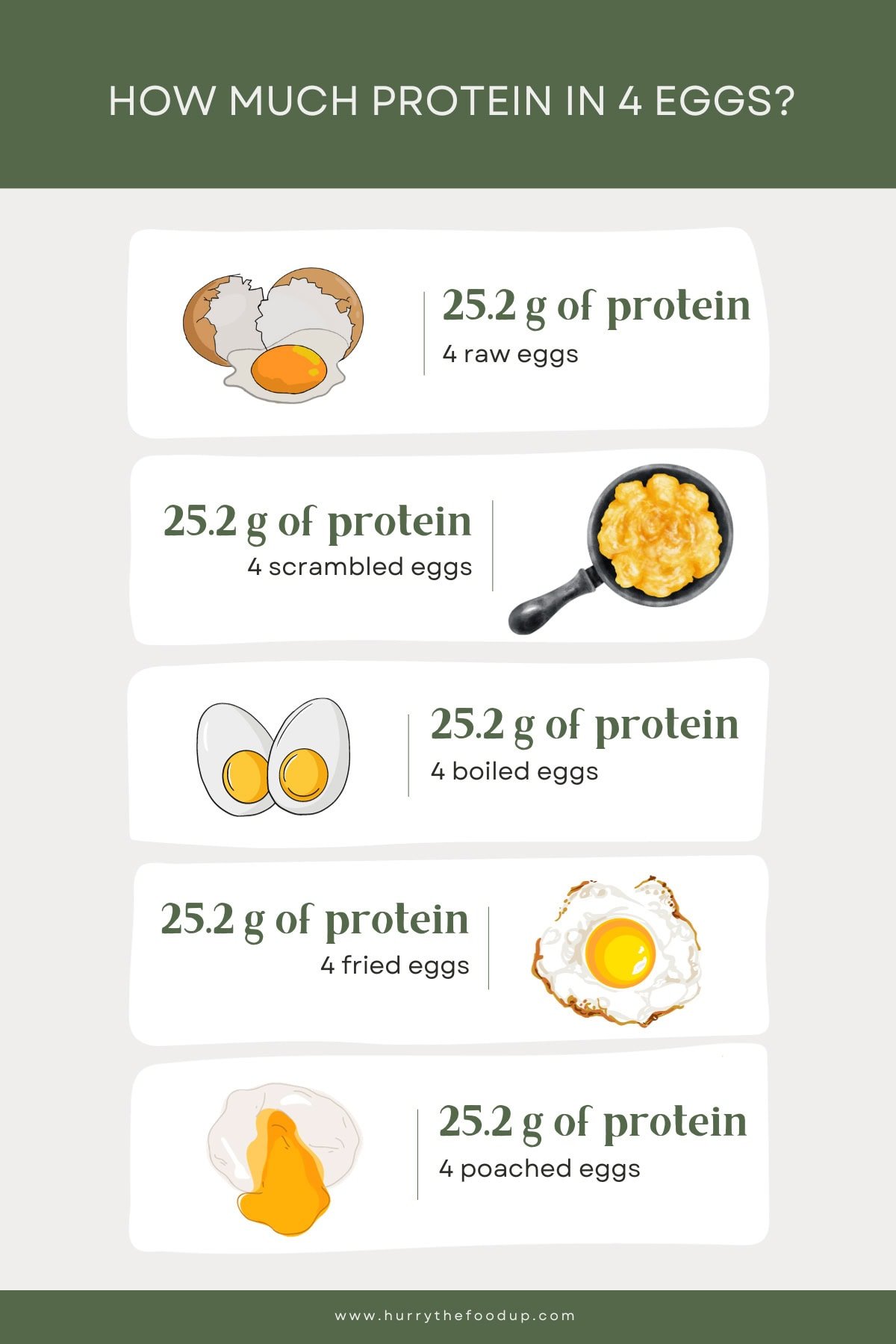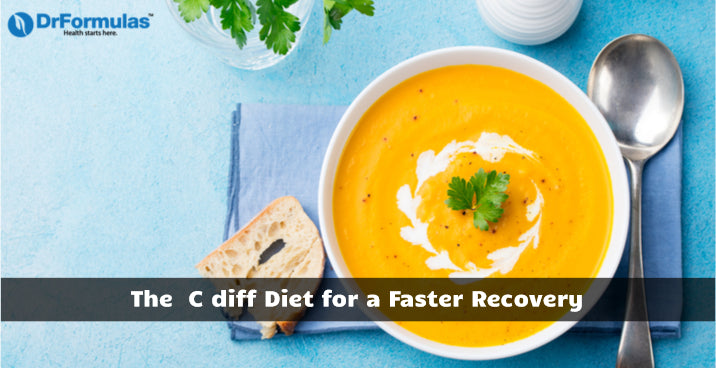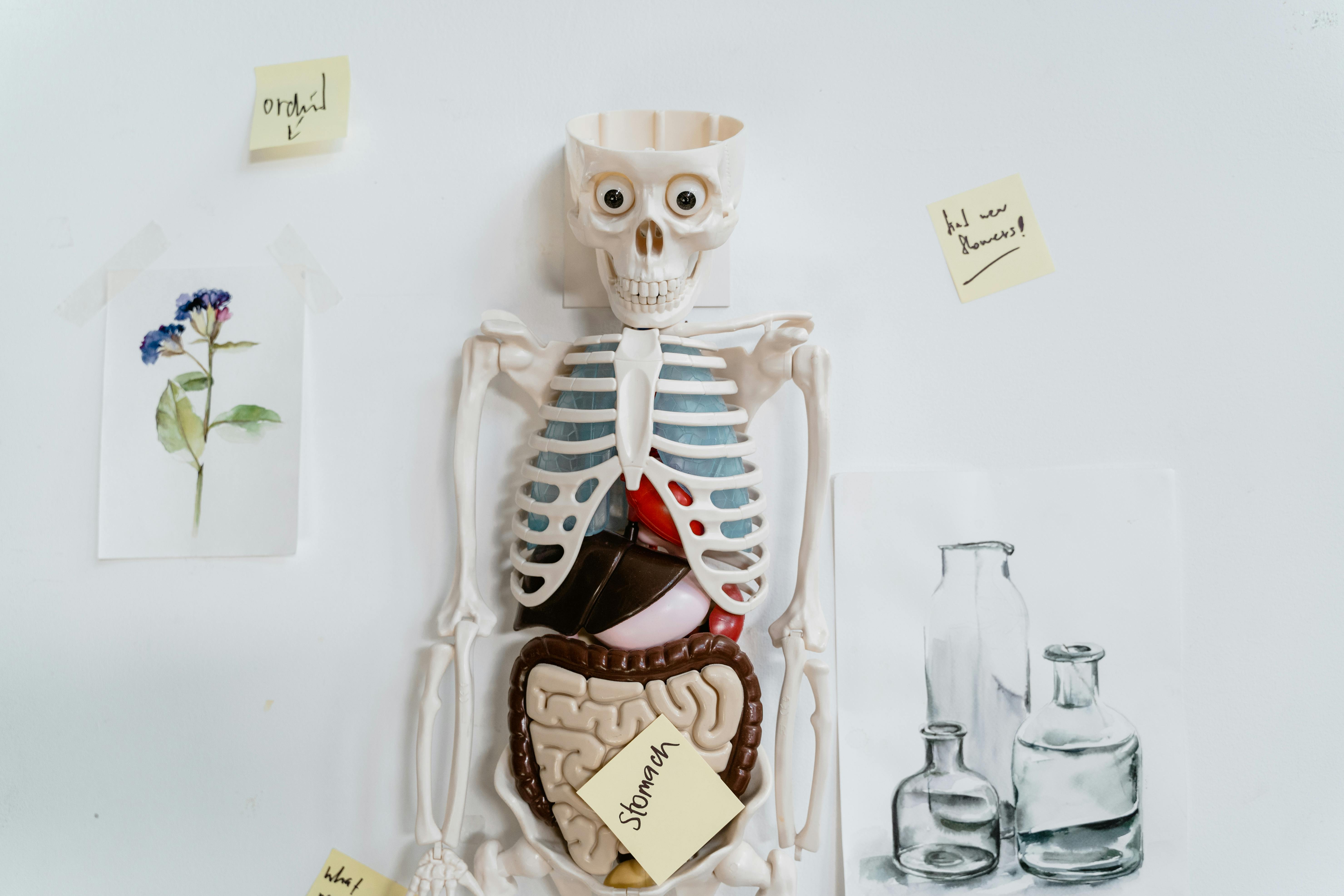Effective Ways to Prepare for Your Colonoscopy with a Low Residue Diet in 2025
Preparing for a colonoscopy can feel daunting, especially when it comes to adhering to dietary recommendations. One of the most important aspects of successful colonoscopy preparation is following a low residue diet. This specific dietary plan not only helps in cleansing the colon, but also ensures that the procedure is both safe and effective. In this article, we'll explore the significance of a low residue diet, offer practical tips on how to implement it, and provide insights into maintaining digestive health before and after your procedure.

Understanding the low residue diet is essential for those prepping for a colonoscopy. By minimizing fiber intake and choosing appropriate food options, you can optimize your digestive tract's condition, making the process smoother and enhancing the effectiveness of the colonoscopy preparation. This article will guide you through the necessary adjustments to your diet, effective hydration techniques, and vital foods to avoid.
Essential Guidelines for a Low Residue Diet
When it comes to pre-colonoscopy diet, understanding the fundamentals is key. The primary goal of a low residue diet is to limit the amount of undigested food in the gastrointestinal tract. This facilitates easier bowel movements and better visibility during the examination. Adhering to such a dietary plan not only helps reduce the risk of complications but also contributes to more accurate diagnostic outcomes.
What is a Low Residue Diet?
A low residue diet involves limiting high-fiber foods that can contribute to stool bulk. This means avoiding foods such as whole grains, nuts, seeds, raw fruits, and vegetables. Instead, you can focus on easily digestible foods such as white bread, white rice, and certain dairy products. The main intention is to reduce the workload on your intestines while providing essential nutrients.
Benefits of Following a Low Residue Diet
This dietary approach offers several advantages, especially for patients preparing for a colonoscopy. First and foremost, it aids in colon cleansing, reducing the potential for obstructions during the procedure. Additionally, it can lead to improved digestive comfort, making it easier for individuals with sensitive digestive systems or motility issues. Furthermore, a low residue diet ensures that patients can easily maintain proper hydration, vital for overall health.
Sample Foods for Low Residue Diet
Knowing what foods to incorporate is crucial in your meal planning. Some examples of suitable options include:
- White bread and white rice
- Plain pasta
- Lean meats such as chicken or turkey
- Eggs
- Certain cooked vegetables like carrots and potatoes (without skins)
- Clear liquids like broth and juices without pulp
Identifying Foods to Avoid
To ensure successful colonoscopy preparation, you must be aware of foods to avoid. Fiber-rich foods such as whole grain breads, cereals, and most fruits and vegetables should be eliminated from your diet leading up to the procedure. Additionally, limit consumption of fatty or fried foods, as these can exacerbate digestive discomfort. By being mindful of dietary restrictions, you can contribute significantly to the outcome of your procedure.
Hydration Tips During Colonoscopy Preparation
With a focus on dietary adjustments, maintaining proper hydration is also crucial. Staying hydrated helps in flushing out your digestive system, making it easier for your healthcare provider to conduct the colonoscopy safely. Incorporating clear liquids into your pre-procedure diet can enhance your overall hydration status.
Fluid Intake Recommendations
Patients are encouraged to drink plenty of clear liquids, such as water, broth, and herbal teas. Aim for at least 8-10 cups per day leading up to your appointment. Avoid drinks that can irritate your digestive system, such as those containing caffeine or alcohol.
Strategies for Maintaining Hydration
To ensure you achieve optimal hydration during this period, consider setting reminders throughout the day to drink fluids. Using a large water bottle can also help you keep track of your intake. Additionally, infusing your water with non-fiber fruits can make drinking more enjoyable.
Signs of Dehydration to Watch For
While you’re focused on consuming fluids, keep an eye out for signs of dehydration, including dizziness, dry mouth, or dark urine. Ensuring that you maintain adequate hydration not only supports digestive health but also contributes to successful per-procedure diet practices.
Understanding Your Bowel Preparation
Effective bowel preparation is instrumental to the overall success of your colonoscopy. It’s important to follow your doctor's specific instructions, which often include laxatives or other cleansing agents. This step further facilitates the visibility of your colon during the procedure.
Best Practices for Bowel Management
When following your colonoscopy guidelines, it’s advisable to stick to the timeline laid out by your healthcare provider. In general, you should aim to complete your bowel prep at least one day before the procedure. This allows you to have a clean and well-prepared digestive tract during the colonoscopy.
Common Mistakes to Avoid
Many patients unknowingly make mistakes that can hinder the effectiveness of their bowel preparation. A few common pitfalls include not adhering strictly to dietary restrictions or neglecting to drink enough fluids. To ensure the best possible outcome, follow the provided preparation instructions closely and ask for help if needed.
Post-Colonoscopy Diet Recommendations
Once your procedure is complete, transitioning back to a regular diet may require some consideration. Your healthcare team will likely provide specific post-colonoscopy diet instructions to follow.
Gradually Reintroducing Foods
Following the colonoscopy, it's important to start with easily digestible foods before reintroducing more complex options. Begin with clear liquids and progress to low-fiber foods before returning to your regular diet. This phased approach helps your digestive system adjust and can reduce discomfort.
Foods to Include for Recovery
Post-procedure, focus on nutrient-rich foods that support recovery. Foods like bananas, toast, and plain chicken can ease your gut back into function. Moreover, maintaining hydration remains critical during this time to support overall health.
Monitoring Your Digestive Health
Keep a close eye on your bowel habits after the procedure. If you experience consistent discomfort or notice any irregularities, it’s essential to consult your healthcare provider for further guidance. Maintaining open communication about your digestive health is vital to long-term wellness.

Frequently Asked Questions About Colonoscopy Preparation
1. What is the purpose of a low residue diet before a colonoscopy?
The low residue diet minimizes undigested food in the colon, making it easier for professionals to visualize the digestive tract during the procedure.
2. Can I drink coffee or tea before my colonoscopy?
It is generally recommended to avoid caffeinated beverages as they can irritate the digestive system. Clear liquids like herbal teas are preferred.
3. Are there any specific foods I should avoid during the low residue phase?
Yes, avoid whole grains, nuts, seeds, and most raw fruits and vegetables. Stick primarily to clear liquids and low-residue options.
4. How can I ensure I am adequately hydrated before my colonoscopy?
Drink at least 8-10 cups of clear liquids each day and consider setting reminders throughout the day to encourage fluid intake.
5. What should I consider for my post-colonoscopy diet?
Start with clear liquids and gradually reintroduce low-fiber foods to your diet to ease your digestive system back into its normal function.
Final Thoughts on Colonoscopy Preparation for Optimal Health
Preparation for a colonoscopy is a fundamental aspect of ensuring your digestive health. By following a low residue diet, adhering to hydration tips, and maintaining a focus on post-procedure recovery, you can significantly enhance your colonoscopy experience. Patient education and understanding of dietary practices play a vital role in achieving positive health outcomes. Always consult with your healthcare provider for tailored advice that suits your individual needs.
For more information on dietary preparations, visit our page on Healthy Eating Before Procedures and explore effective strategies for digestive health and wellness. Additionally, learn more about Nutrition for Colon Health to ensure optimal outcomes throughout your gastrointestinal health journey.
